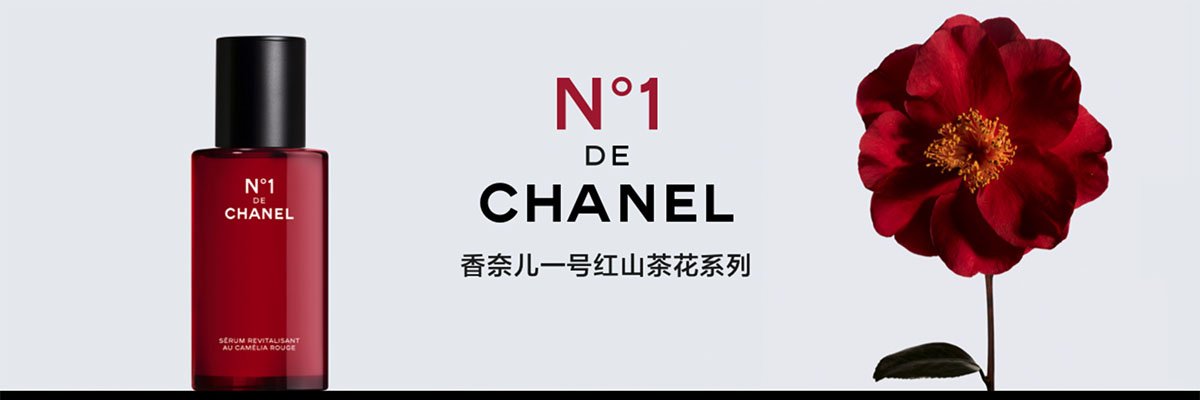Chanel vs Irrational Nationalism in China
Earlier this month, Chanel launched its new red camellia skincare products as part of its Czar line. The campaign, endorsed by celebrities such as Wang Yibo, Taiwan's Zhang Junning and China's "first bonafide supermodel" Liu Wen, received over 100 million video views.
Yet not long after the launch, Sun Laichun, founder of red camellia-derived domestic skincare brand Lin Qingxuan, went on a nationalistic rant online accusing Chanel of stealing several key employees. He also slammed Chanel for not having the heritage to sell red camellias given 90% of the flower's species originated from China, and the rest from Southeast Asia and South Korea.
The related hashtag #Founder of Lin Qingxuan accused Chanel of unfair competition# generated 98 million views and close to 4,000 comments. Although nationalism is increasing in China, online consumers' responses to Sun's post illustrates that many Chinese consumers continue to be level-headed and objective when discussing nationalist issues. Here is a summary of some of the most popular comments:
1. Companies like Lin Qingxuan should review why can't they retain their employees;
2. Chanel have produced camellia flowers cosmetics for decades, and there are other brands producing related products.
3. It's understandable why the brand's founder is so anxious, given such a big competitor is much better at marketing with similar products
4. Even though I support domestic brands, I would also think of working at Chanel.
Another top comment was that many Chinese hadn't heard of the brand before, but clearly have now. It is a relatively common tactic that domestic brands use to get some cheap airtime, much like we saw with Luckin Coffee and their headline-grabbing lawsuit about Starbucks' monopoly in 2018.
Domestic brands less squeaky clean again?
Although it wasn't long ago when domestic brands were often slammed on social media for poor quality control or dubious marketing ploys, nationalistic rants have become more frequent against foreign brands over the last few years. But in recent months we've seen some uncharacteristic nationalistic rants towards local brands, such as the snack food darling Three Squirrels, who was recently called out for a 2019 ad which was criticised for having models with eyes that looked "too slanted."
The recent high profile brandishing of livestream queen Viya for tax evasion, who was meant to represent honesty and fairness, will have many Chinese again questioning some of their most trusted local brands and figures.
Based on the responses to the Lin Qingxuan post, the Three Squirrels slamming and Viya conviction appear to have reminded some consumers of the nationalist trolls online and that domestic brands and personalities can be less trustworthy than the foreign brands who are so easily slammed.
Chanel and camellias in France.
Chanel is an example of a foreign brand who has built strong equity in China over the years, which would have contributed to many loyal followers standing up for it. One of its most notable initiatives was that it was the first major luxury brand to 'standardise' prices globally, which saw its prices in China fall much closer inline to those in Europe in early 2015. While gaffes such as Dolce & Gabbana's aren't easily forgotten in China, so are positive moves such as Chanel's.
Regarding the claim that Chanel can't theme their cosmetics with camellias - thankfully that didn't get support. Camellias may have originated in China and Asia, but they have been popular in the Paris area since the early-1800s. It is an interesting viewpoint, but if we start opening that can of worms, what would we do with apples for example, which also originated in China and Asia. Should Ethiopia stake claim to all coffee?
We're thankful that common sense prevailed and Chanel came out on top in this incident. Nevertheless, brands need to be as vigilant as ever to ensure that they are culturally sensitive and thoughtful with everything they do in China, as even a slight misstep can have dire consequences.

